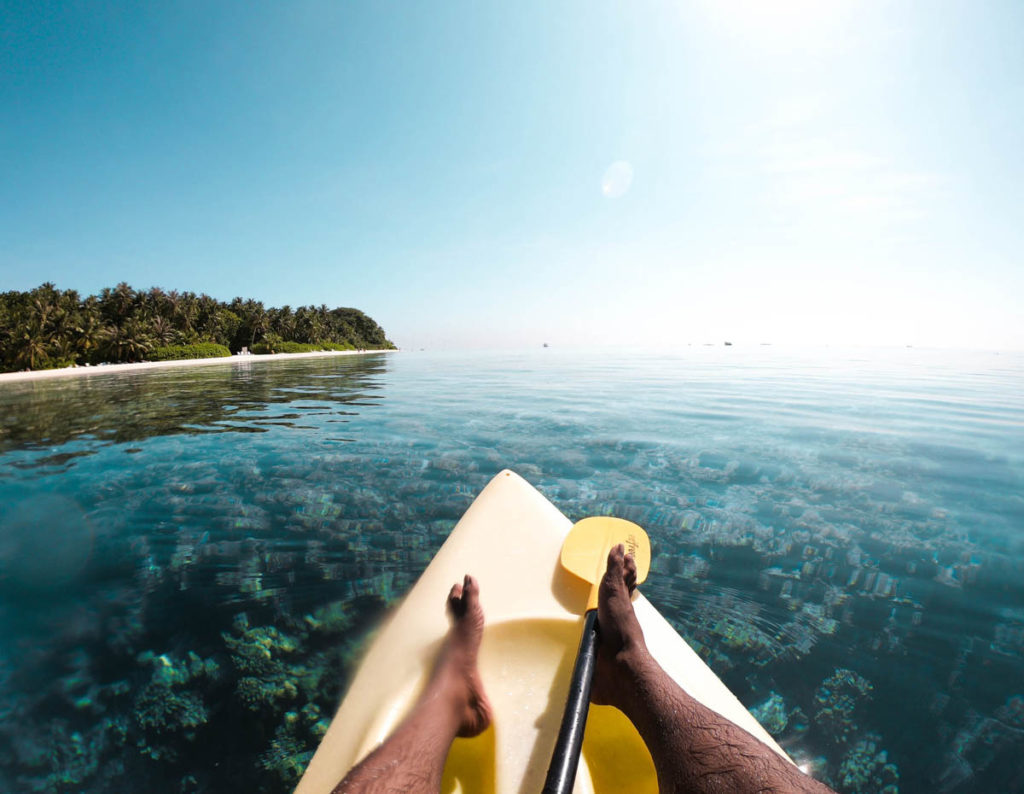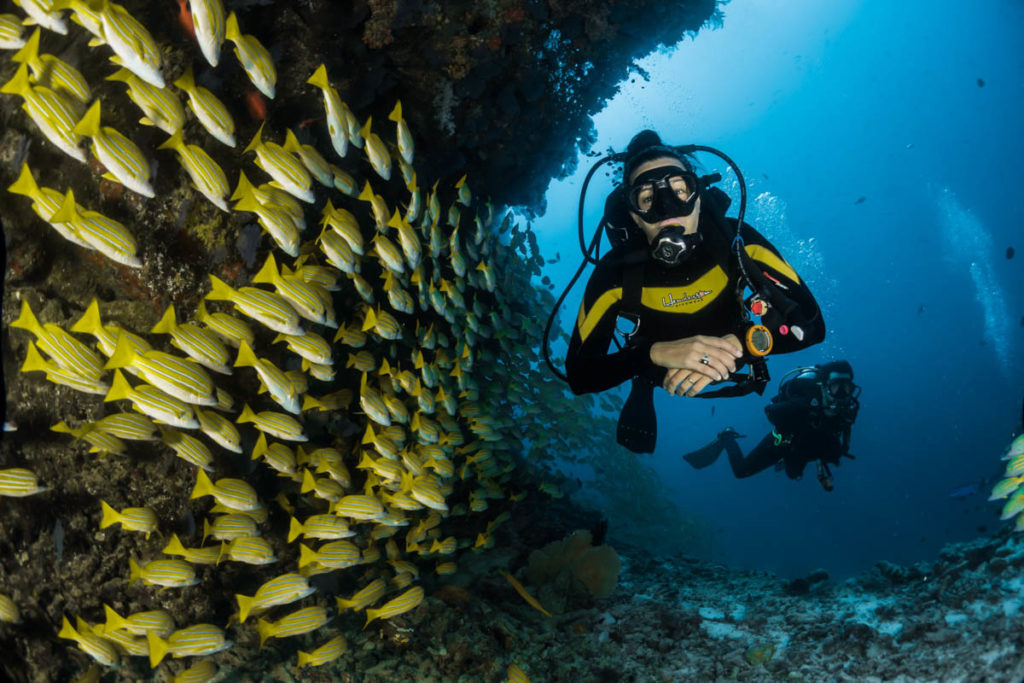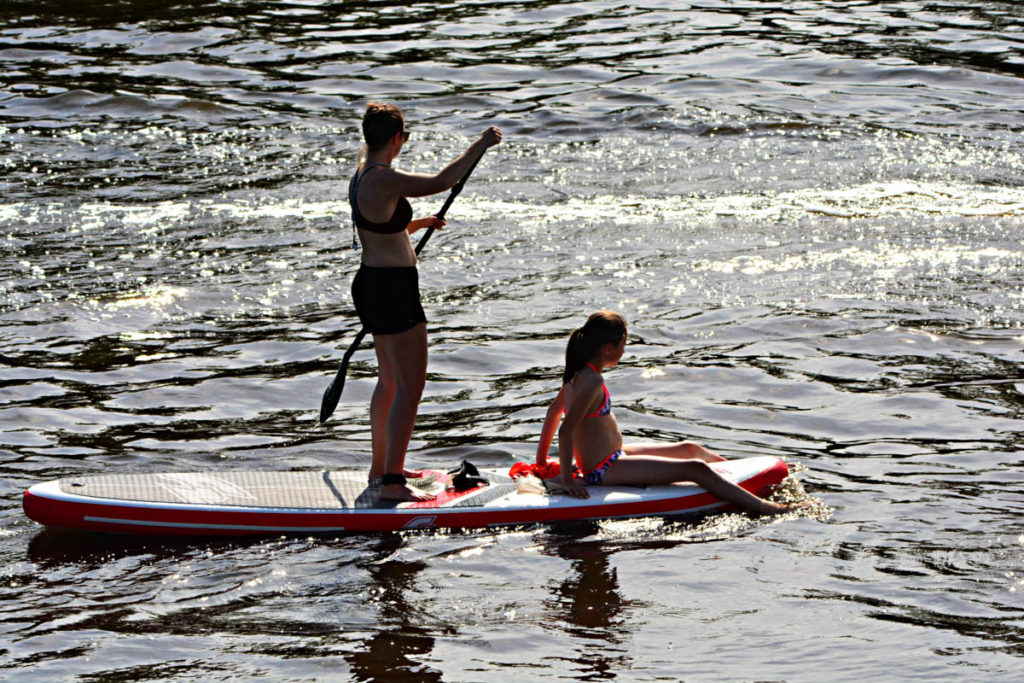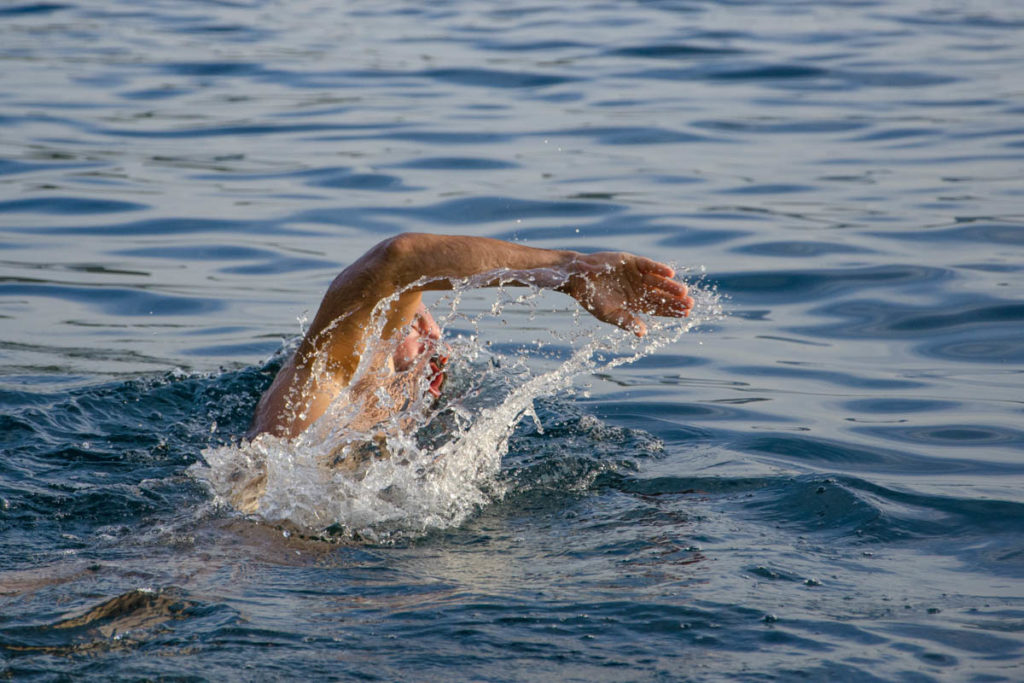According to the Environmental Protection agency and Opinium UK, we spend over 90% of our time indoors. This number isn’t surprising when you consider the kind of lives we lead. We spend most of our time with our eyes glued to screens and ingesting information that generally doesn’t uplift our mental health.
Stress is usually the underlying cause of many of today’s illnesses, diseases, and mental health complaints. Stress should be the first thing we talk about when we are unwell. But it seems to be the last thing that gets addressed when someone has unexplainable symptoms.
Reducing stress should become our number one priority, and should absolutely become something we teach our children in an attempt to bring healthy self-awareness to future generations.
One of the simplest, cheapest, and easiest ways of managing stress and anxiety is to spend time outdoors in a body of water. Being outdoors, no matter what type of activity you are engaging in, is an effective way of releasing and managing your stress. Water is proven to be incredibly therapeutic. Our bodies are 60% water, which means spending time in water helps us tune into our natural rhythms.
There are many studies to support the positive effect that water has on our nervous systems. There is also extensive research on the effects of hydrotherapy on all systems of the body, and the results are amazing. This research shows that immersion in water, especially at colder temperatures, has hugely positive effects on the body, including reducing the long-term production of the stress hormone cortisol.
Geared with this information, let’s look at some simple ways to use outdoor water activities to regulate stress levels.
Scuba Diving
This incredibly calming and relaxing activity is a creative and unusual way of escaping the stresses of day-to-day life. Immersing yourself in cool, calming waters can be just the thing your body needs to wash away the excess stress it’s holding onto.
The unique combination of silence, conscious breathing, floating, and weightlessness helps you to disappear for a moment into the ocean.
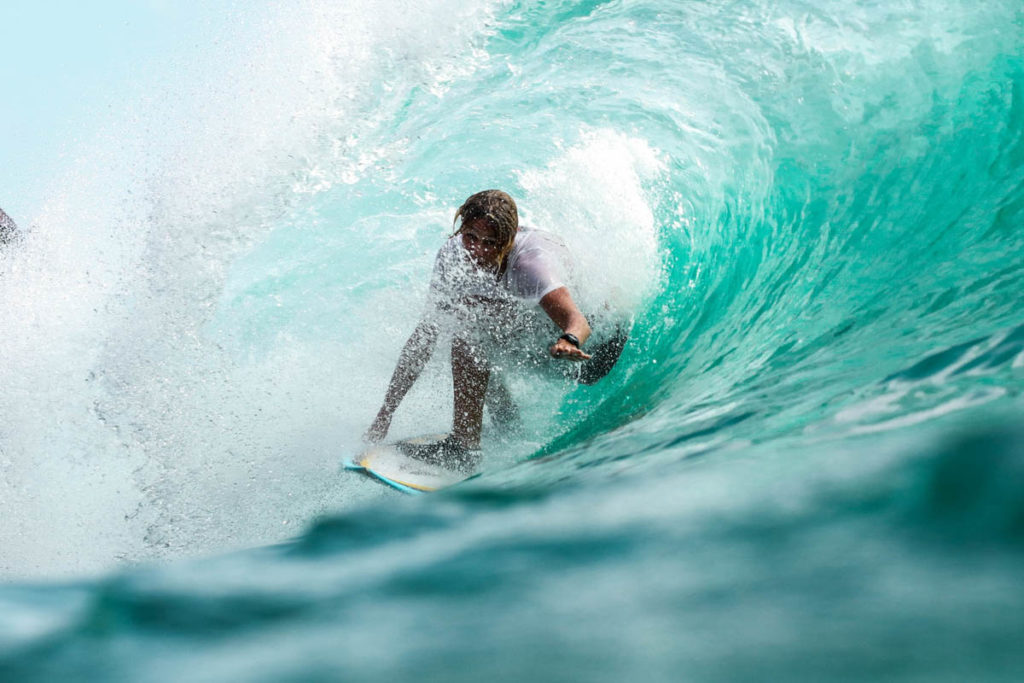
Surfing
Surfing is definitely an acquired skill, but there’s nothing quite like the thrill you get when standing up on a surfboard. It’s an activity that takes you out of your mind and sense of self, and drops you straight into your body.
Your entire focus shifts to your coordination and sense of balance, helping you escape into a calming connection between you, your board, and the sea. It’s also phenomenal physical exercise that tones and works almost all muscle groups.
SUP
SUP stands for Stand-up Paddleboarding and is a unique sport, born from surfing. Stand up paddle boarders stand on boards floating on the water, and use a paddle to propel themselves through the water.
SUP is a healthy combination of kayaking and surfing. You can SUP on lakes and down rivers, or you can take your board into the ocean and ride the waves. It’s a wonderful way to exercise, and there are even people who practice Yoga on SUP boards.
This calming activity is low maintenance and provides a gentle escape into the water. What you do, where you go, and what kind of SUP experience you want to try is all up to you. There is no right or wrong way to do it.
Water Skiing
If you are in need of a high-speed activity to melt away excess stress then this is the one for you! Water skiing invites a sense of danger and rush of adrenaline that some people thrive off of and use to relax and calm down.
Moving that fast on the water can lend a newfound sense of freedom and excitement that you cannot achieve on land. It is also an incredible workout as it engages almost every muscle in your body. Burning that much energy and getting your blood pumping is a surefire way of increasing endorphins and assisting your body in releasing stress.
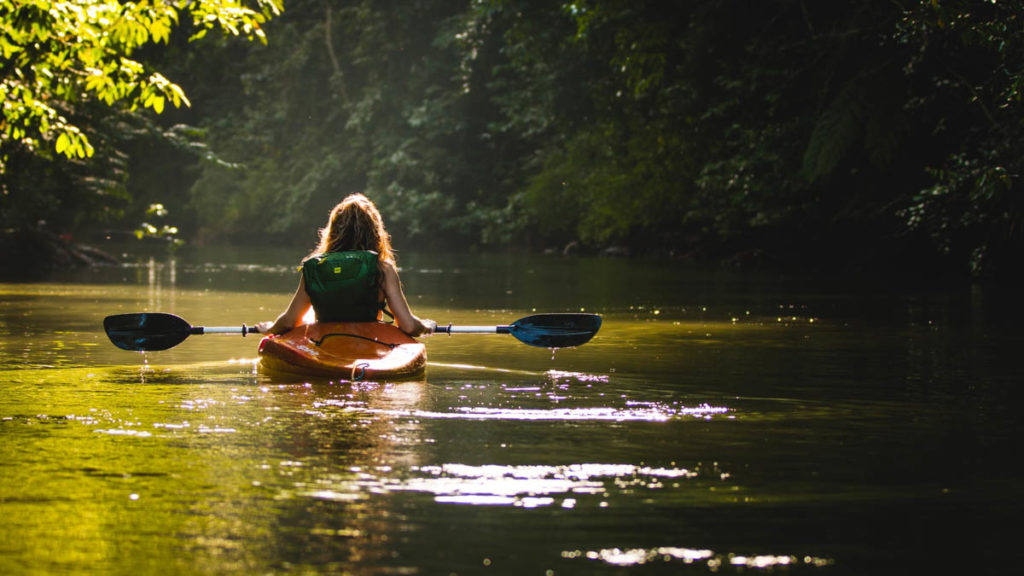
Kayaking
Kayaking is a wonderful way to explore the outdoors, engage with the healing benefits of water, exercise, sightsee, and generally just have some fun. In addition to the numerous benefits of kayaking, there are many different kinds of environments in which you can enjoy this sport. With each one as unique as the next.
Whether you enjoy white water rafting or the slow pace of kayak fishing, spending time paddling is hugely therapeutic. The calming effect of rowing through the water while taking in the wonderful sights of nature is truly helpful in bringing about relaxation.
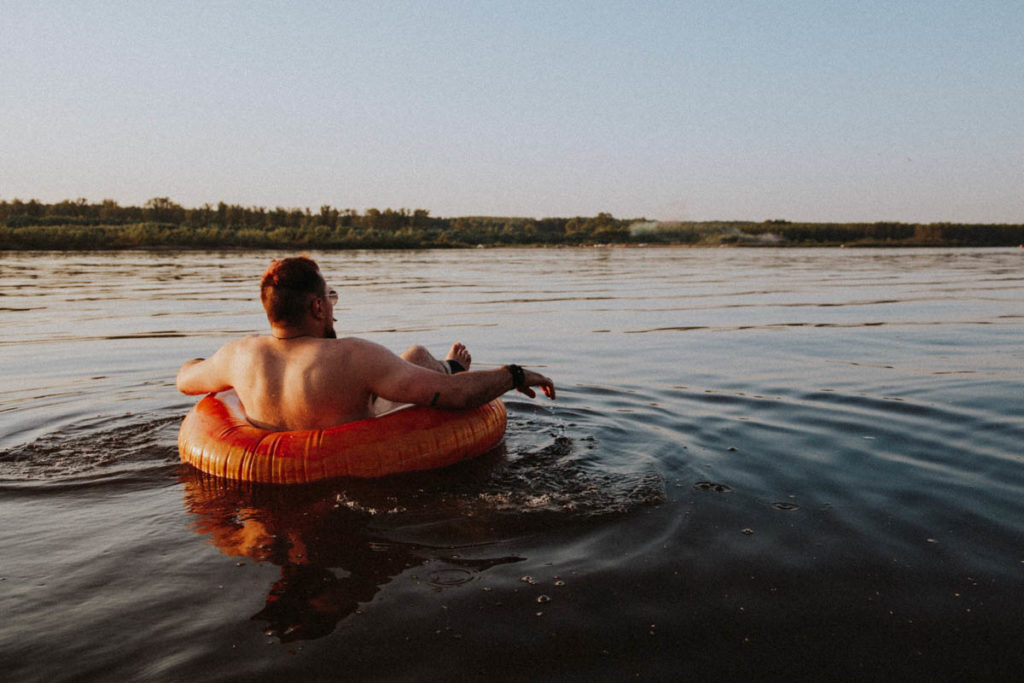
Tubing
Tubing down a river is possibly one of the most relaxing ways to spend an afternoon. It’s really easy and requires no skill whatsoever. Allowing your body to gently rest on the giant inflatable tube signals to your mind that it’s time to calm down and switch off. You can even close your eyes for a bit if you so desire. This is not something you have the chance to do in most other water sports.
The feeling of floating is proven to induce relaxation. This almost effortless activity allows you time to truly connect with nature, safe in the knowledge that you’re safely supported by the buoyant device underneath you.
Swimming
Last but not least we have good old swimming. Nothing beats a dip in your nearest pool, stream, lake, ocean, or dam. There is no pressure on how you should swim or how long you should stay in the water.
This form of low-impact exercise is known to build endurance and muscle tone. From beginning to end it’s all in your control. Having this power to completely control the experience is a major de-stressor, especially for busy professionals who struggle to let go too much. This may be exactly what you’re looking for if the pressure of any of the above organized sporting suggestions doesn’t appeal to you. There are studies to show that people who swim more regularly are less prone to depression and anxiety and have significantly lower stress levels than those who don’t swim often. If this isn’t good enough reason to get in the water, the exercise benefits of swimming should convince you.
If you want to relieve stress you don’t have to look further than your nearest body of water. Spending time in a pool, lake, river, or the sea will do your mental health good.


